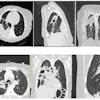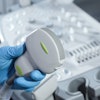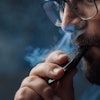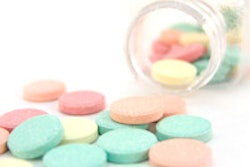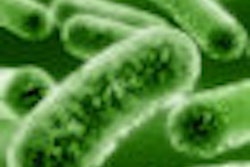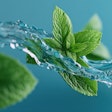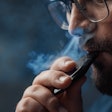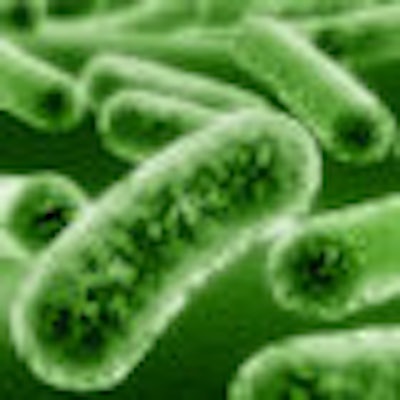
Lactic-acid bacteria in plaque can cause caries, but in saliva these same bacteria appear to protect against human papillomavirus (HPV) and head and neck squamous cell carcinoma (HNSCC), according to research presented at the recent International Association for Dental Research (IADR) meeting in San Diego.
The study, conducted by Mine Tezal, DDS, PhD, an assistant professor of oral diagnostic sciences at the University at Buffalo School of Dental Medicine, tested the association between dental caries and incidence of HNSCC and came up with a surprising finding: HNSCC patients had fewer caries and endodontic treatments than a noncancer control group.
“Bacteria themselves could be our most effective allies.”
— Mine Tezal, DDS, PhD, quoting
Louis Pasteur
Periodontal disease and dental caries are often seen as indicators of poor oral health. However, they are two very different infections, according to Dr. Tezal. Periodontitis is associated with anaerobic gram-negative bacteria and is a significant source of inflammatory markers in saliva, she explained. But dental caries is caused by lactic acid producing gram-positive facultative bacteria only in plaque on tooth surfaces and is not a source of inflammation in saliva.
It is important to note, Dr. Tezal added, that lactic-acid bacteria cause demineralization only when in plaque that is in immediate proximity to the tooth surface. In the absence of plaque, the delivery of these bacteria in saliva can help protect oral mucosa against HPV infection and HNSCC without increasing the risk of caries.
In previous research conducted by Dr. Tezal, she found that chronic periodontitis is an independent risk factor for HNSCC (Cancer Epidemiology, Biomarkers and Prevention, September 2009, Vol. 18:9, pp. 2406-2412), and that HPV and periodontitis have a synergistic effect in promoting squamous cell carcinoma of the tongue (Otolaryngology - Head & Neck Surgery, April 2009, Vol. 135:4, pp. 391-396).
While these and others studies have shown that chronic periodontitis is associated with increased incidence of head and neck cancers, cariogenic bacteria -- including Streptococcus mutans, Streptococcus sobrinus, Lactobacillus acidophilus, and Lactobacillus casei -- are actually linked to periodontal health, Dr. Tezal noted.
In fact, studies suggest that S. mutans and L. casei -- both part of normal oral flora -- stimulate a cell-mediated immune response by influencing cytokine production by epithelial cells. This type of immune response is linked to a reduced risk of viral infections and cancer (Journal of Dental Education, October 2001, Vol. 65:10, pp. 1028-1037).
The study Dr. Tezal presented at the IADR meeting involved 473 patients: 266 patients who had been diagnosed with primary HNSCC between 1999 and 2005 at Roswell Park Cancer Institute and 207 patients with no cancer diagnosis in the control group. Most of the cancer patients were men in their 50s and were more likely to be smokers who also drank alcohol.
Surprisingly, Dr. Tezal found that the prevalence of dental caries was lower among HNSCC patients compared with the control group (53% versus 71%), and endodontic treatment was lower among HNSCC patients compared with the control group (28.9% versus 39.6%).
"Because periodontal disease and dental caries are both considered as indicators of poor oral health, we had also expected to observe a positive association between dental caries and HNSCC," Dr. Tezal told DrBicuspid.com.
Inoculating patients' saliva with lactic-acid bacteria using a mouthwash or a tablet could have a potentially protective effect against HPV and HNSCC, she said.
The study findings imply that commensal lactic-acid bacteria may be an important player in the natural history of HNSCC, but prospective clinical studies are needed to confirm a direct causal association between specific bacteria and HNSCC, Dr. Tezal said.
The study results may lead to simple yet effective and safe prevention strategies for HPV and HNSCC, Dr. Tezal said, noting Louis Pasteur's suggestion that "bacteria themselves could be our most effective allies."
